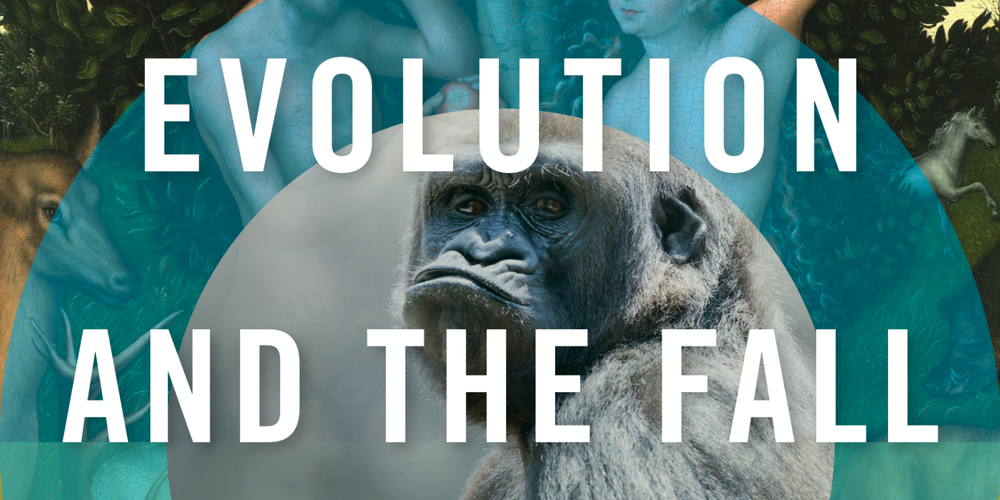William T. Cavanaugh and Jamie K. A. Smith, eds.: Evolution and the Fall, Eerdmans, 2017.
The questions the church confronts most severely at present are questions of human nature, and what to call good and what to reject as broken and fallen in our present state. Without a clear understanding of humanity as both-created-and-fallen, we will remain muddled in our thinking on gender and sexuality as we have for the last several decades. But more, we will struggle to formulate coherently and distinctively Christian views on matters as wide ranging as: the value and costs of digital community relative to physically-present community; transhumanism, including all sorts of bodily modification and enhancement with prosthetics, brains not excluded; artificial intelligence; genetic engineering, not only of babies but of adults, including human-animal hybrids; and so on.
Login to read more
Sign in or create a free account to access Subscriber-only content.
Topics:
